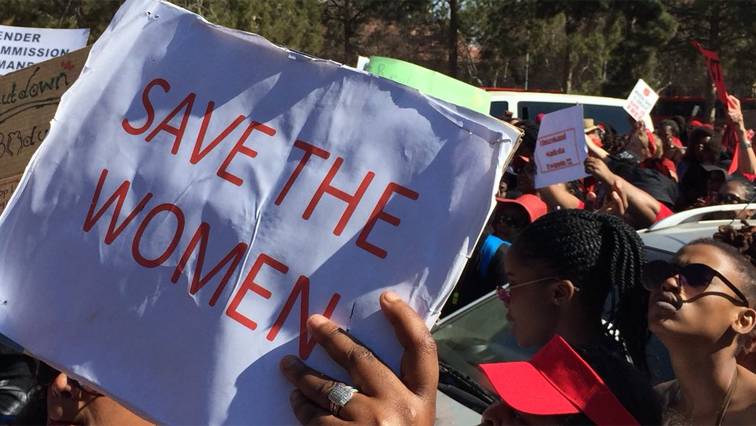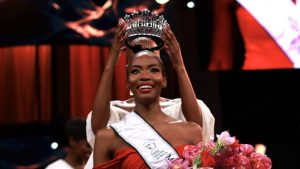There should be no bystanders in the fight to achieve gender equality; this is something everyone should be involved in – that’s the message emerging from an inter-generational conversation by two prominent South African women as SA move towards Women’s Day this Sunday, August 9th.
Moderated by the SABC’s Sherwin Bryce-Pease, the Executive Director of UNWOMEN and the reigning Miss Universe shared their views on this year’s theme “General Equality: Realizing Women’s Rights for an Equal Future.”
64 years later, the struggle for women’s emancipation is more complex, particularly in light of the coronavirus pandemic.
UN Women’s Executive Director Dr. Phumzile Mlambo Ngcuka says, “The deadline is looming and the situation is much more complicated than it was a few months ago even. The theme is picking up on the fact that we’ve had 25 years of implementing what was agreed in Beijing. There are many unfulfilled promises from this 25-year journey and we are saying between 2020 and 2030, but I’m focusing on 2025 because if we stretch it too long, we’ll walk slow. We need to see significant change by this generation, which we are dubbing generation equality.”
‘Pick up the baton’
Miss Universe Zozibini Tunzi, born less than two years before the first Women’s Day was commemorated in South Africa in 1995, explains the day’s personal significance to her.
“For my generation, it’s just us recognising that there’s a legacy that was left for us. Whenever I think about the women of 1956 and their marching to the Union Buildings to fight for this equality that we speak of today, they started the fire, they started that spark and I think it’s for us, the generation of today, to pick up that baton and to say, ‘look, they’ve run their race and did what they can and so, now it’s our responsibility to pick up that baton and see what we can do.’”
A baton that must confront a growing phenomenon of violence often murder that women and girls confront at the hands of South African men, with the most recent crimes statistics revealing a staggering 42 000 rapes in the last year alone, likely just a fraction of the real number.
“We have to change gear and make sure that just as we’ve said domestic violence is not a private family matter, it is a crime against a human being all crimes against women have to be put at that level. The issues are relating to violence as a crime of passion … there’s no passion there. It is just murder and we really need to ensure that these murderers are dealt with, whatever the law can bring to the fore.”
And as the world’s consciousness was awakened in the aftermath of George Floyd’s killing, calls for gender equality and racial justice need to be closely linked.
Tunzi says, “I once read somewhere … I think somebody said being a black woman is like being black twice. And it struck a chord and it means everything. And like Mamma said, now we’re speaking about Breonna (Taylor) and say her name because women tend to be in the shadows. Sometimes when we’re fighting this and people do forget about them. So, as a young black woman myself, I feel they do go hand in hand. You can’t have one conversation without the other.”
Mlambo Ngcuka has emphasised the importance of black women being the leading voices in their own struggle.
“I really want to make it very clear that racial and gender inequality must not be separated. Otherwise we are delaying the progress we should be making. Women of colour should not end up losing again in this momentum about race.”
2020 also marks the 25th anniversary of the Beijing Platform of Action where implementation remains uneven and with less than 10 years to go before the SDG 2030 deadline, standing on the sidelines – at least according to these two – is simply no longer be an option.






